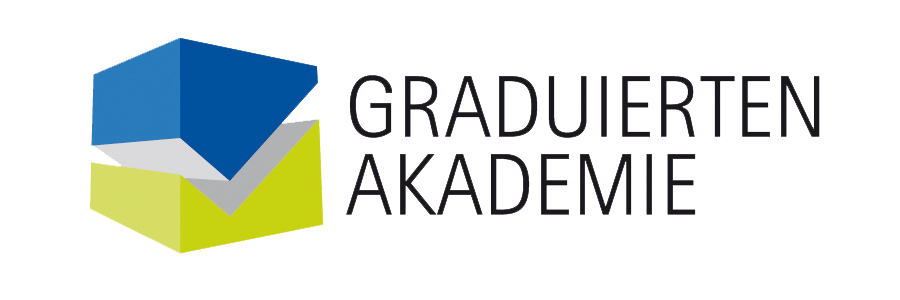Individual doctoral studies are often seen as the classic route to gaining a doctorate. The individual route to a doctorate means finding a supervisor and research project independently and not being part of an organised doctoral programme with planned content, to carry out research and to work on your thesis.
In general, individual Ph.D. candidates do not need to complete a programme of required teaching. Therefore, there is also no standard maximum length of time for completing the doctorate. Nevertheless, the period of study should be sensibly limited. For those Ph.D. candidates who have no work other than their doctoral studies and who are able to dedicate their time fully to their research work, three years is an adequate period for completing the thesis. Ph.D. candidates, who, as research staff, must also undertake research and teaching tasks not directly related to their doctorate, should aim at a maximum period of five years to complete their thesis. In order to be able to manage the length of time taken to complete a doctorate, activities unconnected with the doctorate should be clearly limited in terms of time and type.
The freedom of the individual doctorate route has advantages and disadvantages. To complete doctoral studies on an individual basis means having to continually motivate oneself and managing the progress of one's work independently. A close and trusting relationship with one's supervisor can be helpful here.
Applications for Individual Doctoral Studies
In the case of the individual route to a doctorate, applications must be submitted directly to the supervising professor (known as the "Doktorvater” or "Doktormutter") with whom the subject of the doctorate must also be agreed.



